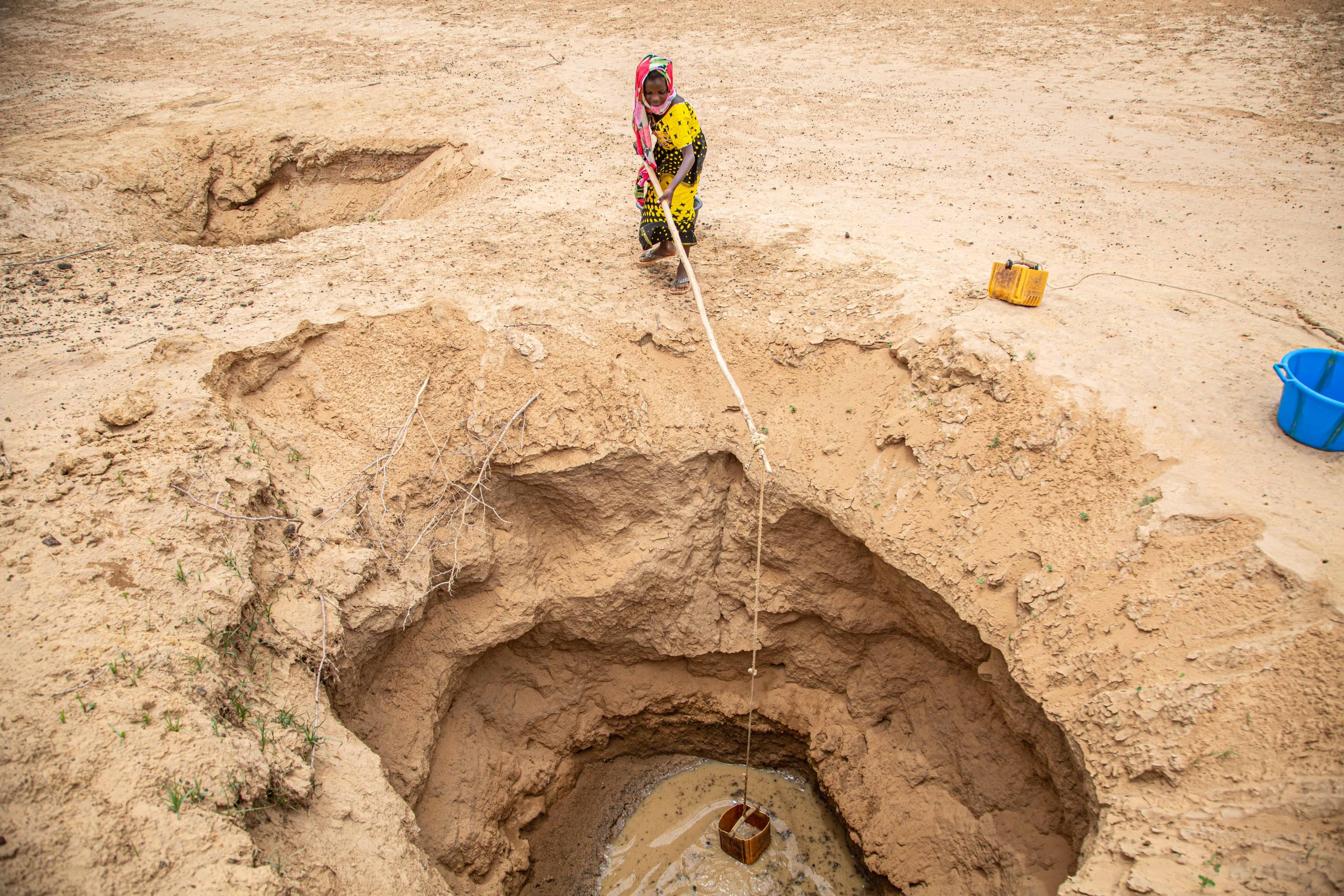8 December – The UN Groundwater Summit concluded today with a call for Governments and other stakeholders to scale up efforts to better manage groundwater – an invisible life-sustaining resource.
“As we face an uncertain future, there is an urgent need to protect groundwater from pollution and use it sustainably, balancing the needs of people and the planet,” said Gilbert F. Houngbo, Chair of UN-Water, in his video message to the UN-Water Summit on Groundwater held at the Headquarters of the United Nations Educational, Scientific and Cultural Organization (UNESCO) in Paris. “This Summit is the culmination of our shared focus on groundwater during the whole of 2022.”
At the closing session, UN-Water, a mechanism to coordinate water-related work of the entire UN system, issued a joint statement that included a call to action towards the UN Water Conference to take place on 22–24 March 2023 in New York.
In the statement, Governments, the donor community, the private sector and civil society are called upon to declare voluntary commitments and announce accelerated action towards financing sustainable groundwater management, development and use; collection and sharing of data and information; strengthening human and institutional capacity; leveraging and scaling up innovations for groundwater management; and financing for groundwater governance.
“Members States are specifically called upon to register voluntary commitments on groundwater capacity development, data, information, innovation, governance, and finance as part of the Water Action Agenda of the UN 2023 Water Conference,” the statement reads.
Speaking at the opening session of the Groundwater Summit yesterday, Henk Ovink, Special Envoy for International Water Affair, Kingdom of the Netherlands, described the deplorable state of groundwater as “a ticking time bomb that few in the world recognize,” explaining that the world has long undervalued groundwater, and as a result, the resource is mismanaged and polluted.
He also stressed the importance of data and scientific knowledge about groundwater, while drawing attention to the State of Global Water Resources report recently published by the World Meteorological Organization (WMO).
“We cannot manage what we do not measure,” he said, highlighting the report that shows the arid hotspots in the world. Future reports will include more detailed observations on groundwater and soil moisture that would be freely accessible and disaggregated based on gender, age and location, he added.
“We all know that investing in water trickles down across all SDGs [Sustainable Development Goals],” Mr. Ovink stressed, urging all stakeholders to seize the opportunity of the UN 2023 Water Conference, which his country and Tajikistan are co-hosting.

